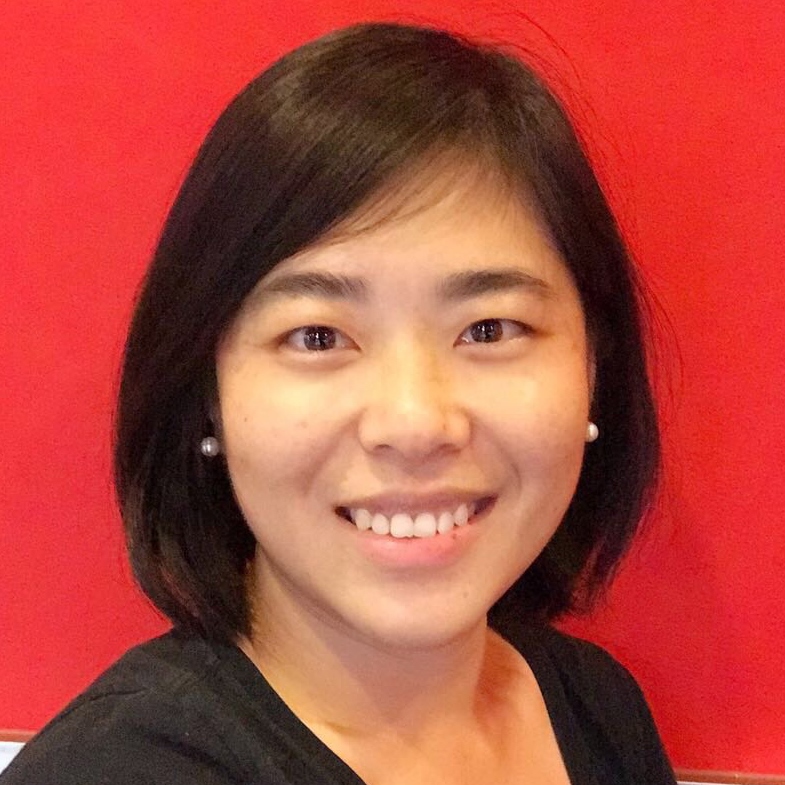Single Cell Analysis of the Human Pancreas in Type 1 Diabetes
Contact PI: Maike Sander, MD, University of California at San Diego (U01 DK120429)
Kyle Jeffrie Gaulton, PhD, Investigator, University of California, San Diego
Sebastian Preissl, PhD, co-Investigator, University of California, San Diego
David Gorkin, PhD, co-Investigator, University of California, San Diego (09/2018-01/2021)
Al Powers, MD, co-Investigator, Vanderbilt University
Start Date: September 25, 2018
End Date: August 31, 2022
Abstract
Type 1 diabetes (T1D) is characterized by autoimmune destruction of insulin-producing beta cells in pancreatic islets. In T1D the interplay between immune, endothelial, and endocrine cells in the islet niche leads to beta cell dysfunction and/or destruction; however, there is limited knowledge of the molecular blueprint that initiates and drives immune-mediated beta cell destruction. Recent single cell RNA-seq (scRNA-seq) profiling studies of human pancreas and islets from non-diabetic donors lack the resolution to characterize immune cells. Furthermore, T1D-related changes in the islet cell repertoire have not been comprehensively analyzed, and cell type-resolved epigenomic maps of gene regulatory elements remain to be generated for T1D-relevant cell types. When intersected with genetic variants from genome-wide T1D association studies, such maps could help pinpoint cells and genes with causal roles in T1D. To fill these knowledge gaps, we have assembled a team of highly accomplished researchers in islet biology and diabetes (Sander), genetics and genomics of diabetes (Gaulton) and functional genomics (Ren, UCSD Center for Epigenomics). The proposed project will apply novel single nuclei (sn) technologies to characterize the epigenomic (Aim 1) and transcriptomic (Aim 2) profiles of individual T1D-relevant cells in the pancreas of non-diabetic and T1D individuals. To enrich cell types most relevant for T1D pathogenesis (i.e. endocrine, immune and endothelial cells), we will deplete acinar cells from whole pancreas preparations. From these enriched cell preparations, we will generate maps of accessible chromatin (snATAC-seq) and gene expression (snRNA-seq). First, we will generate reference maps using fresh pancreatic tissue from non-diabetic donors, and then employ our recent adaptions of snATAC-seq and snRNA-seq technology to profile frozen, archived pancreata from non-diabetic, T1D antibody-positive, and T1D donors in the Network for Pancreatic Organ Donors with Diabetes (nPOD) biorepository. In Aim 3, we will integrate snATAC-seq and snRNA-seq data generated in Aims 1 and 2 with T1D genetic association data to identify pancreatic cell types and regulatory programs involved in T1D pathogenesis. This analysis will 1) define cell types and subtypes and their regulatory programs in the non-diabetic pancreas, 2) identify T1D-dependent changes in the existence, composition, regulation and inter-connectivity of pancreatic cell types, and 3) identify cells, networks and genes with likely causal roles in T1D by integrating snATAC-seq and snRNA-seq with T1D genetic association data. By generating reference maps of chromatin and gene expression in pancreatic cells from non-diabetic and T1D individuals, this proposal will identify resident immune and other cells that arise and change during T1D that can serve as novel biomarkers of disease and which will inform strategies for early intervention. Further integration with genetic data will reveal cells, networks and genes that are on the causal pathway to disease, which will inform therapeutic target discovery. Together our findings will provide novel insight into the pathogenic processes of cells in the pancreatic micro-environment that lead to beta cells loss in T1D.
Meet the Grant Team
Investigators |
|
Maike Sander, MDUniversity of California, San Diego |
Kyle Gaulton, PhDUniversity of California, San Diego |
Co-Investigators |
|
David Gorkin, PhDUniversity of California, San Diego |
Sebastian Preissl, PhDUniversity of California, San Diego |
Al Powers, MDVanderbilt University |
|
|
Research Staff |
|
|
|
||||
Chun Zeng, PhDUniversity of California, San Diego
|
Joshua ChiouUniversity of California, San Diego
|
Publications
- Single-cell multiome and spatial profiling reveals pancreas cell type-specific gene regulatory programs of type 1 diabetes progression
- Single-cell multiome and spatial profiling reveals pancreas cell type-specific gene regulatory programs driving type 1 diabetes progression
- Genetic Discovery and Risk Prediction for Type 1 Diabetes in Individuals Without High-Risk HLA-DR3/DR4 Haplotypes
- Sex-specific regulatory architecture of pancreatic islets from subjects with and without type 2 diabetes
- Single cell regulatory architecture of human pancreatic islets suggests sex differences in β cell function and the pathogenesis of type 2 diabetes
- An Integrated Map of Cell Type-Specific Gene Expression in Pancreatic Islets
- Mapping genetic effects on cell type-specific chromatin accessibility and annotating complex immune trait variants using single nucleus ATAC-seq in peripheral blood
- Interpreting non-coding disease-associated human variants using single-cell epigenomics
- Understanding cell fate acquisition in stem-cell-derived pancreatic islets using single-cell multiome-inferred regulomes
- Integrated Physiology of the Exocrine and Endocrine Compartments in Pancreatic Diseases: Workshop Proceedings
- An integrated map of cell type-specific gene expression in pancreatic islets
- Type 1 diabetes risk genes mediate pancreatic beta cell survival in response to proinflammatory cytokines
- Every islet matters: improving the impact of human islet research
- Characterizing cis-regulatory elements using single-cell epigenomics
- What is a β cell? – Chapter I in the Human Islet Research Network (HIRN) Review Series
- A multi-omics roadmap of β-cell failure in type 2 diabetes mellitus
- Career Advancement for Women in Diabetes-Related Research: Developing and Retaining Female Talent
- Interpreting type 1 diabetes risk with genetics and single-cell epigenomics
- Single-cell chromatin accessibility identifies pancreatic islet cell type- and state-specific regulatory programs of diabetes risk








